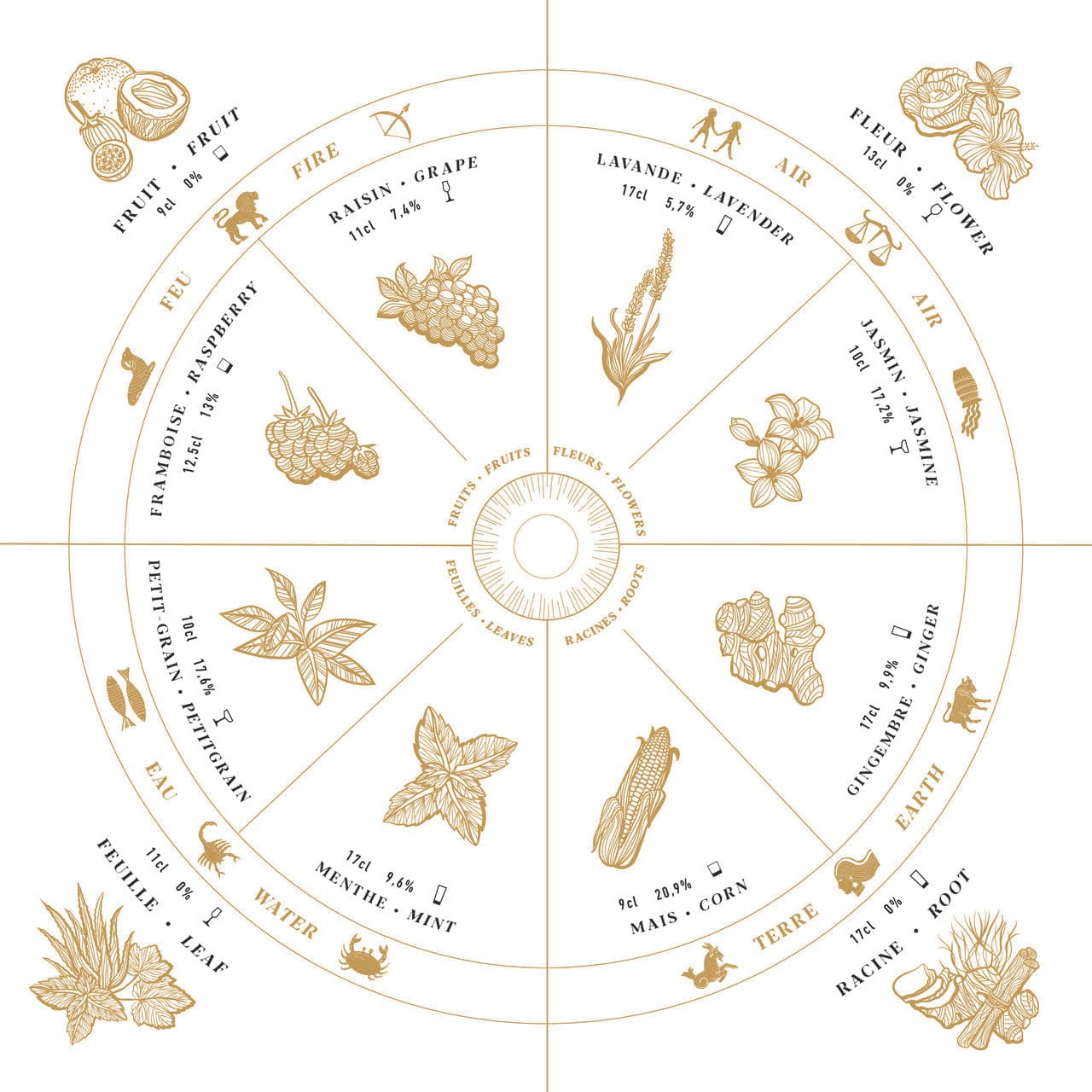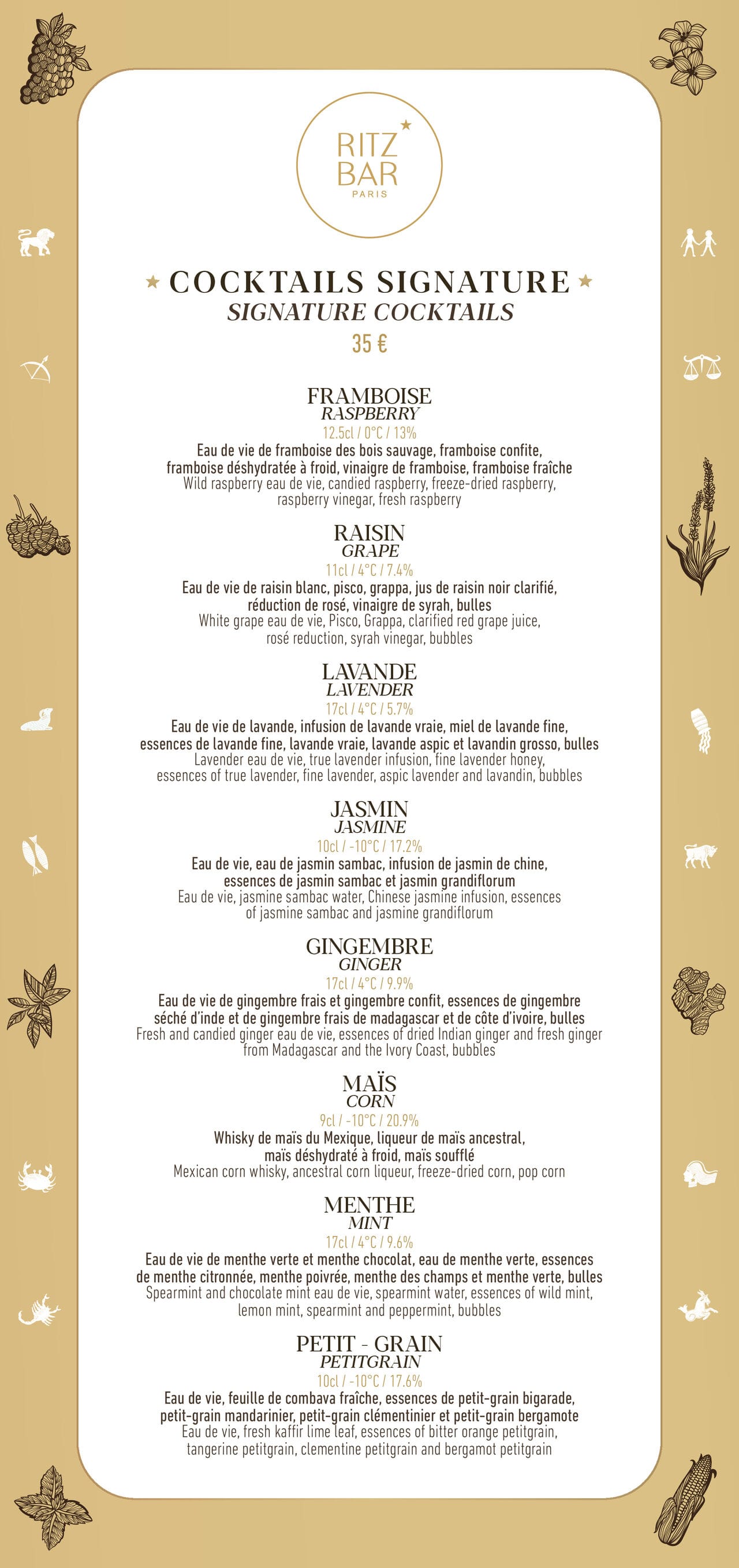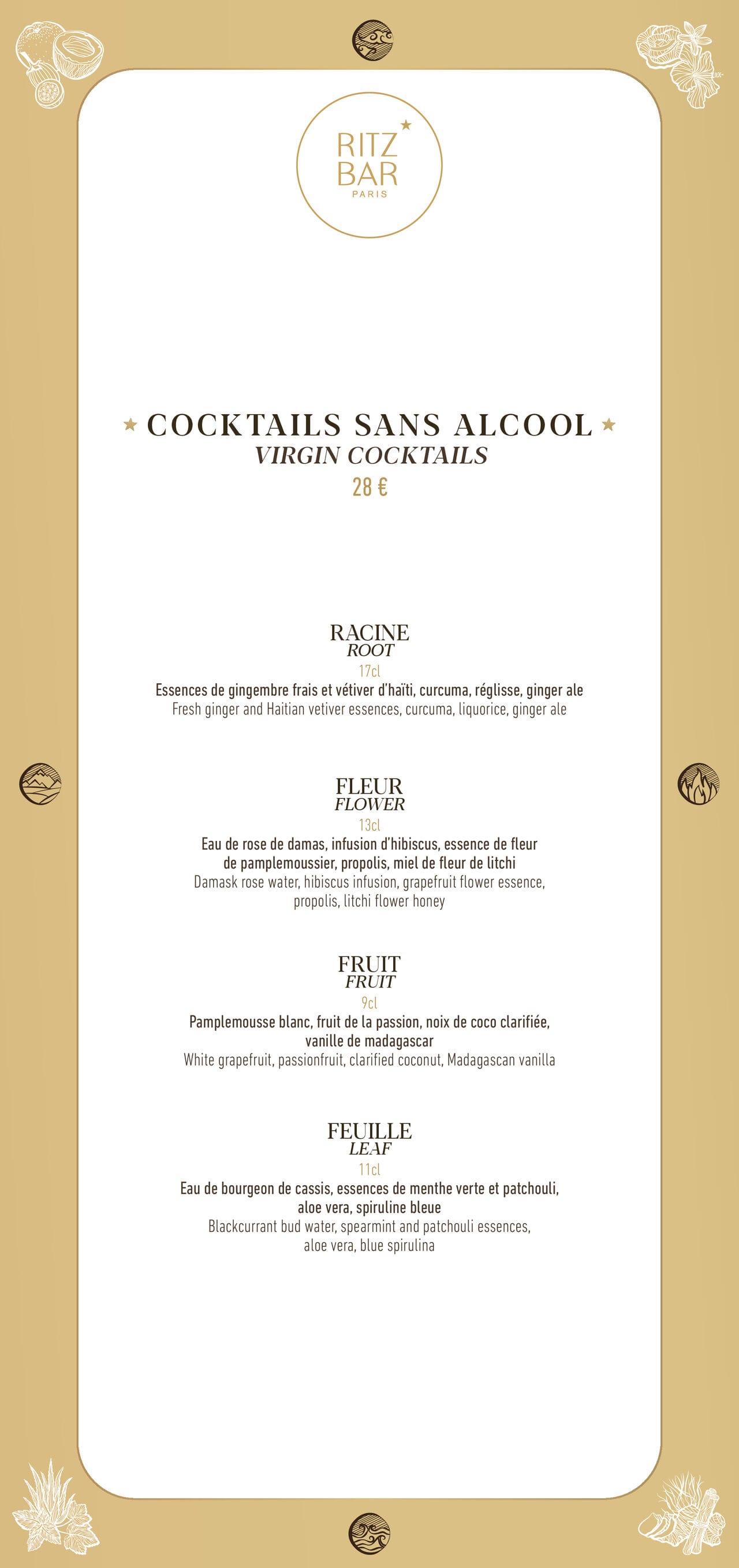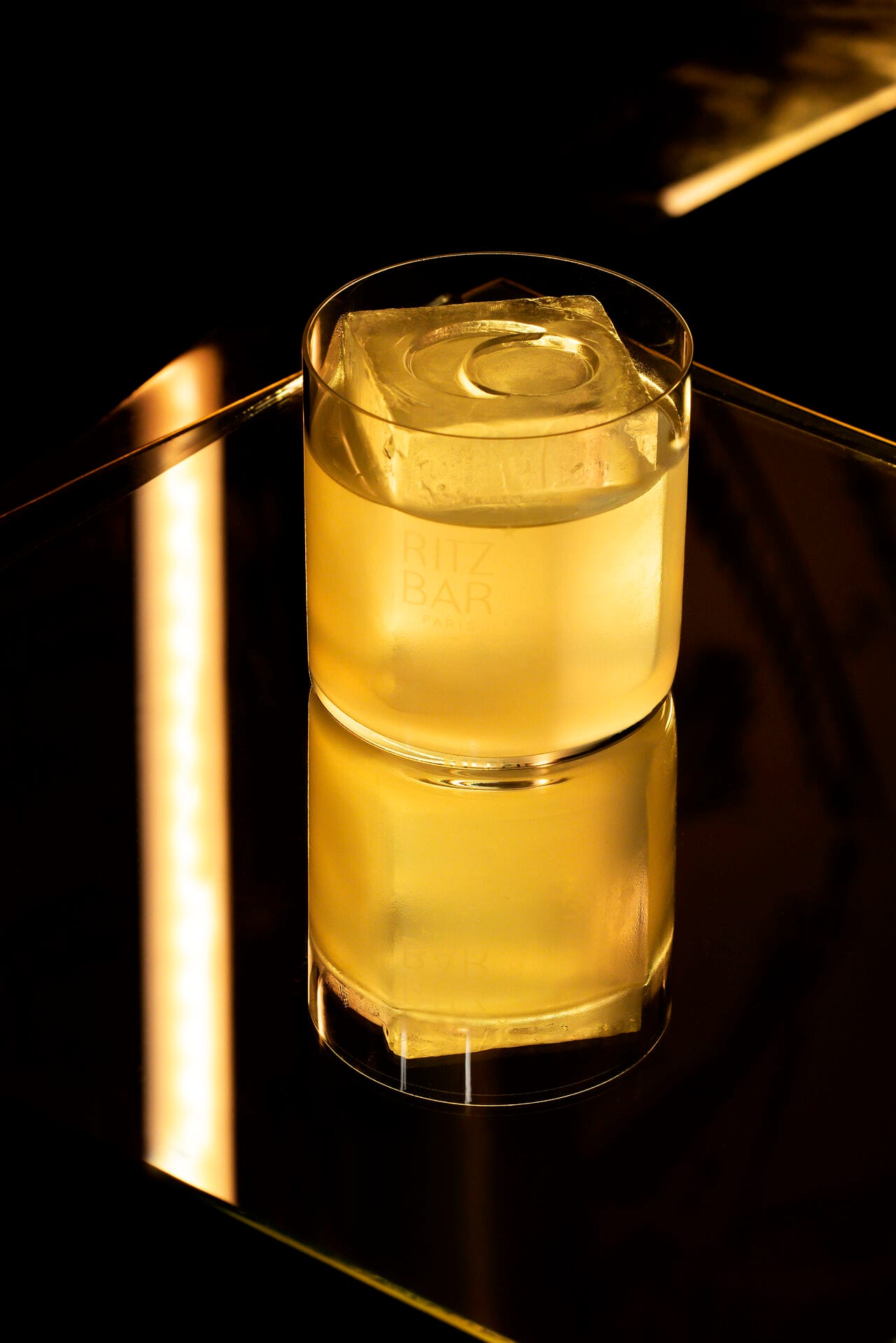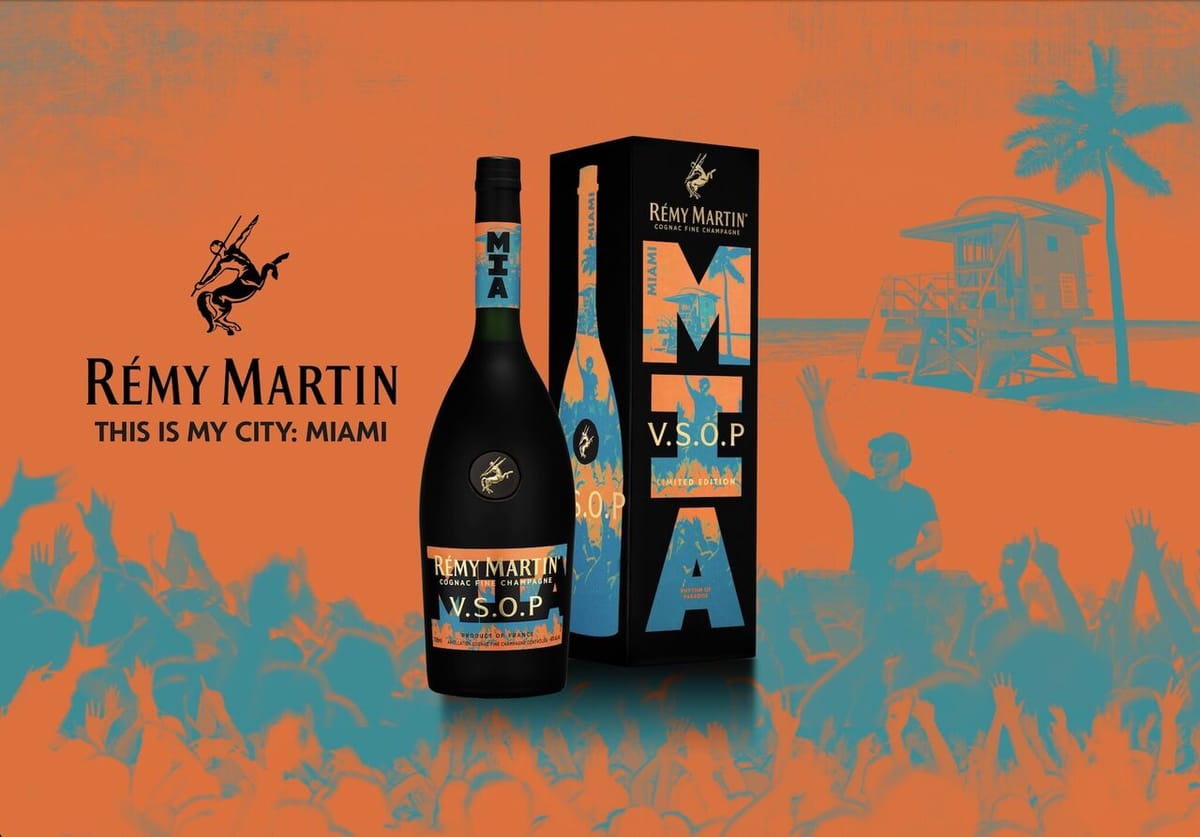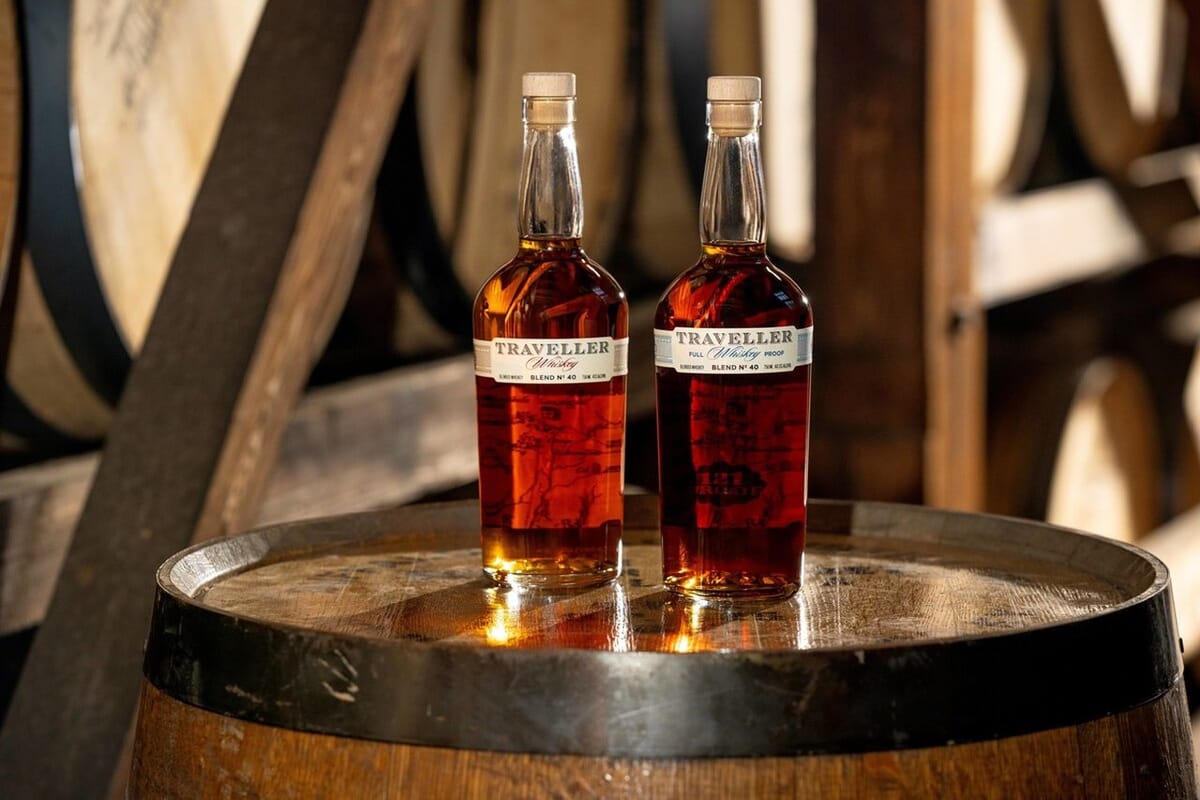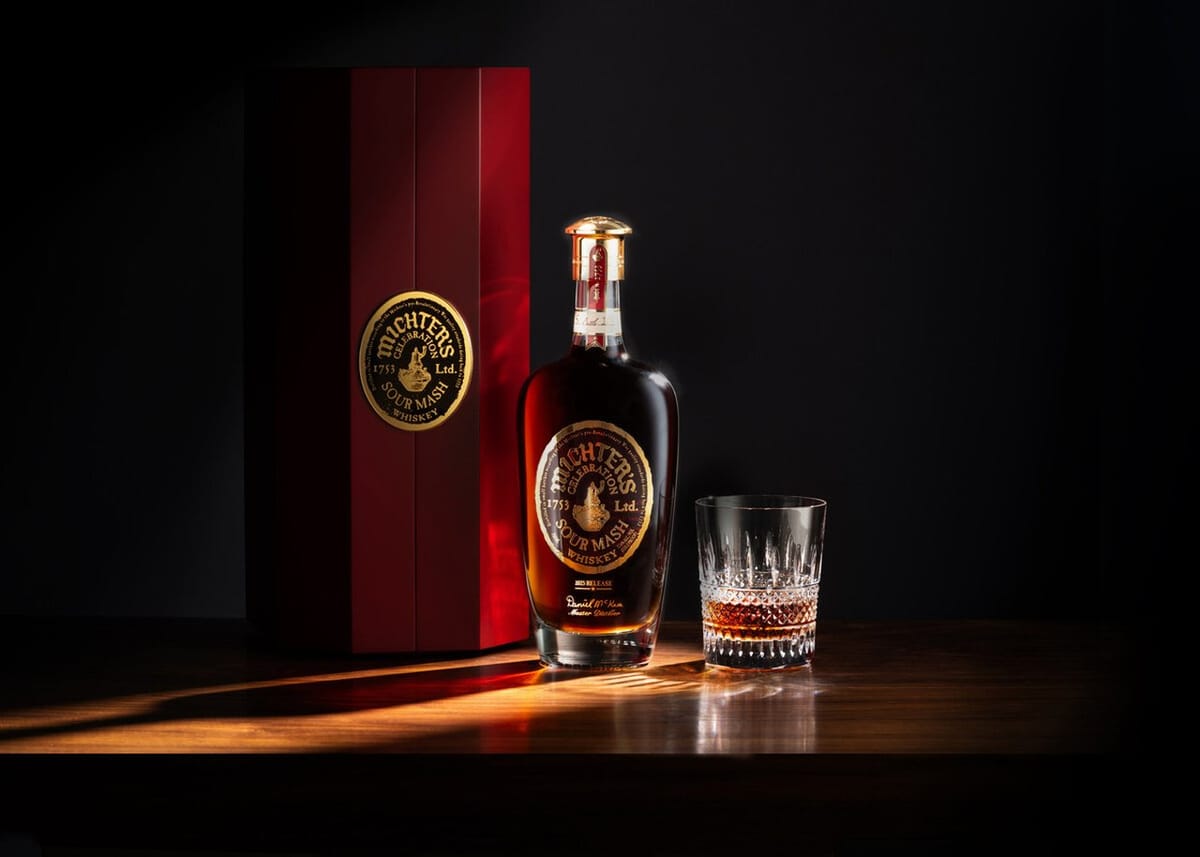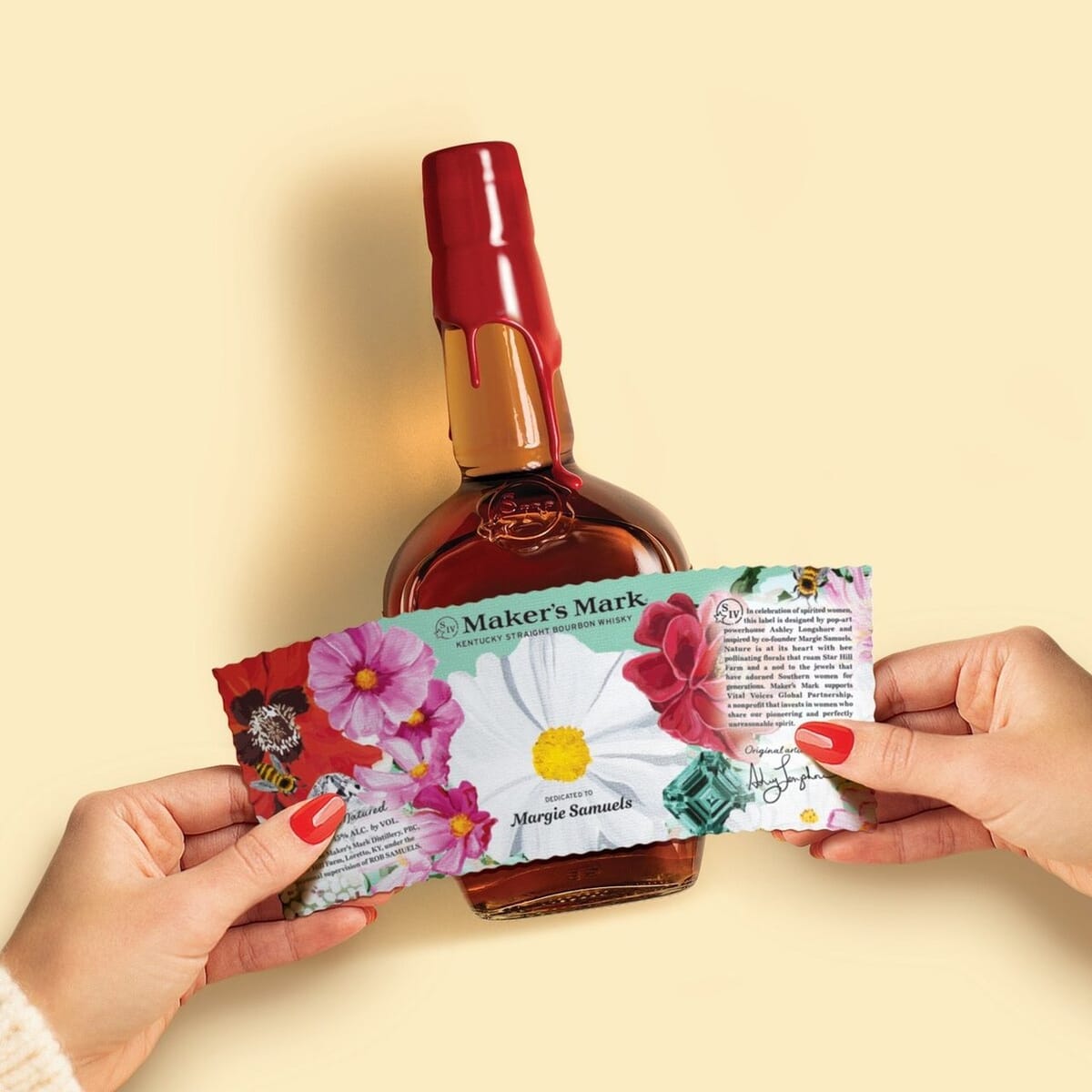Ritz Bar: "Around Biodynamics" with Romain de Courcy
Among the Ritz's three bars, The Ritz Bar stands out as the most modern. In honor of its anniversary and new menu launch, head bartender Romain de Courcy told Jigger Daily about his cocktail vision, techniques, and career.
The Ritz Bar, an avant-garde project
“The Ritz Bar and the Hemingway are as close physically as they are distant conceptually; they therefore complement each other. While the latter is rooted in tradition and heritage, the Ritz Bar—now celebrating two years since its revamp— is very open and creative, with frequent updates. It’s a far more French, Parisian, and contemporary place, perhaps even avant-garde.
We don’t conceptualize our cocktails in terms of spirits or whether they’re long or short drinks, but rather based on the products, the taste experience, and the story we want to tell. We start with a blank page, beginning with the question: which ingredient should we highlight? Alcohol, by the way, is not mandatory: it’s just one ingredient among others and doesn’t necessarily contribute to making a recipe interesting. Of course, we pay attention to every detail. For instance, our supplier of clear ice is Pure Ice Baïkal, because they offer custom solutions for each glass right down to the millimeter.”
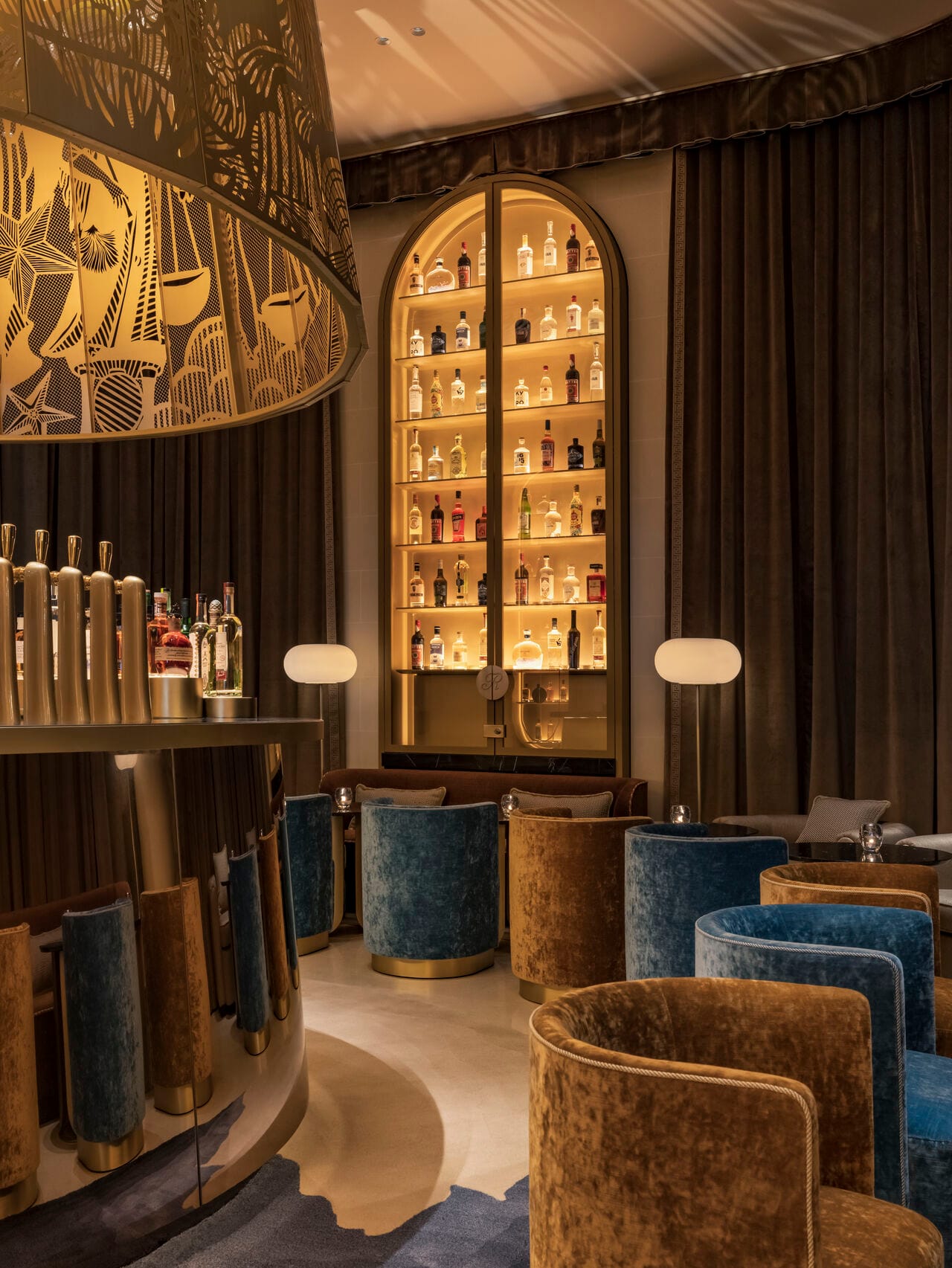
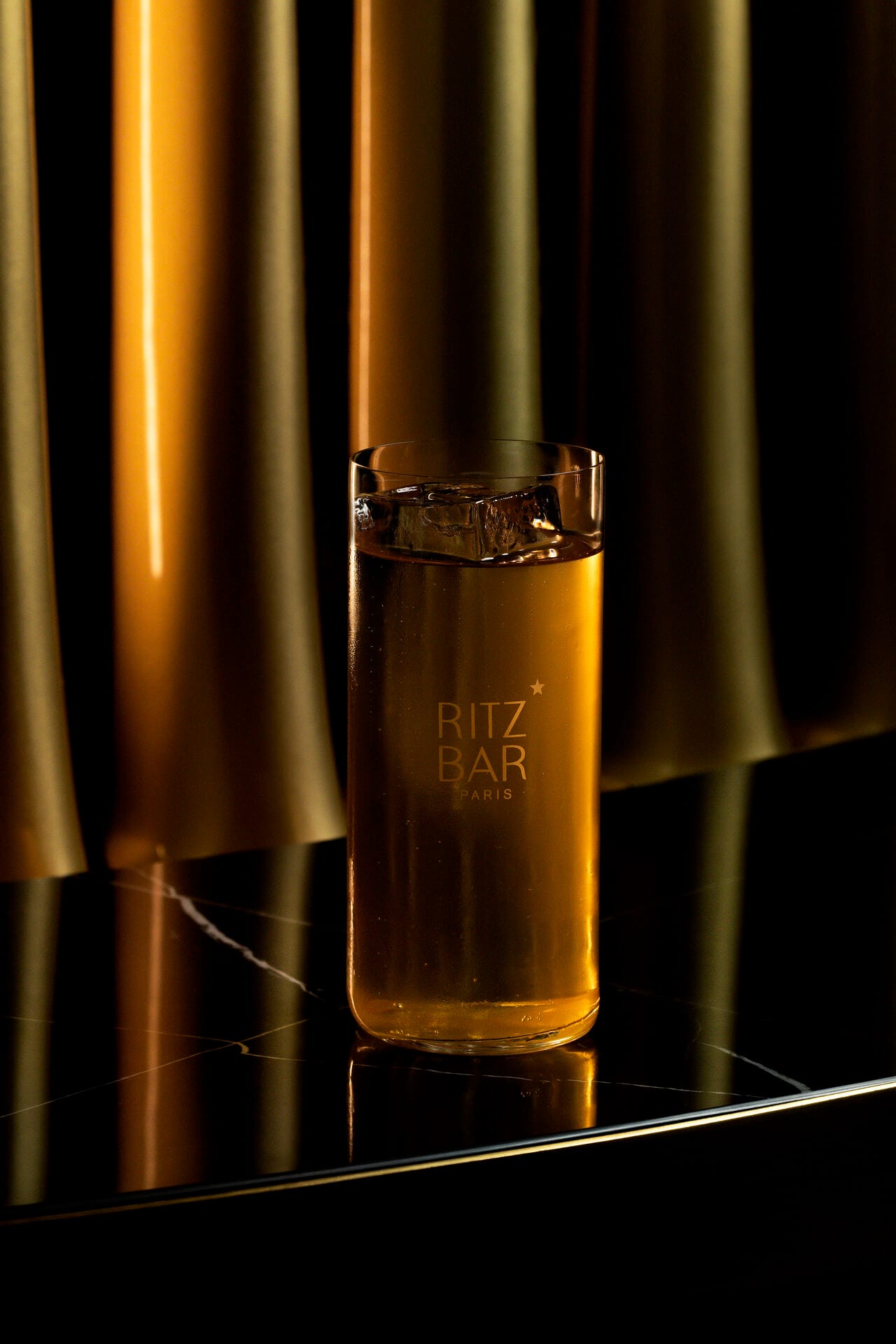
A menu inspired by biodynamic concepts
“Our new menu is called “Around Biodynamics”, because it’s inspired by concepts derived from it, such as the calendar—with fruit, flower, root, and leaf days—based on the alignment of the constellations. Also, there’s a fun esoteric aspect, reminiscent of the fascination with astrology in the Roaring Twenties.
However, our ingredients are not biodynamic. First, almost no spirits exist in that category, except from Waterford—which is part of our range. It’s the only one, along with an armagnac from Hootch (an independent bottler), that we will be introducing soon. So we’ll have two biodynamic spirits, which might make us the cocktail bar with the most references of that kind in the world (laughs). We also carry organic spirits, chosen solely for their quality and the story behind them. I’m thinking, for example, of the French organic gin Melifera, made with the Immortelle flower from the island of Oléron.”
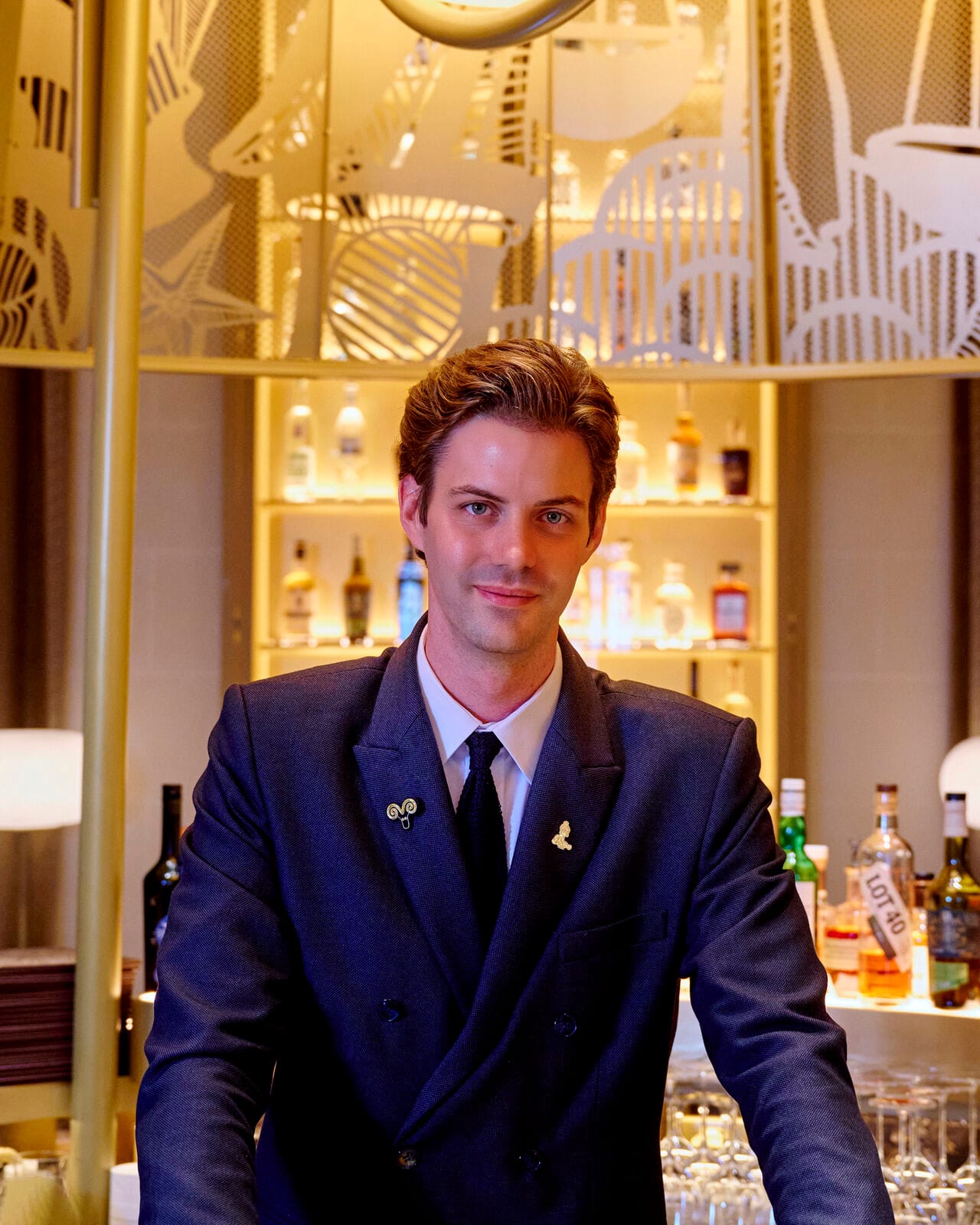
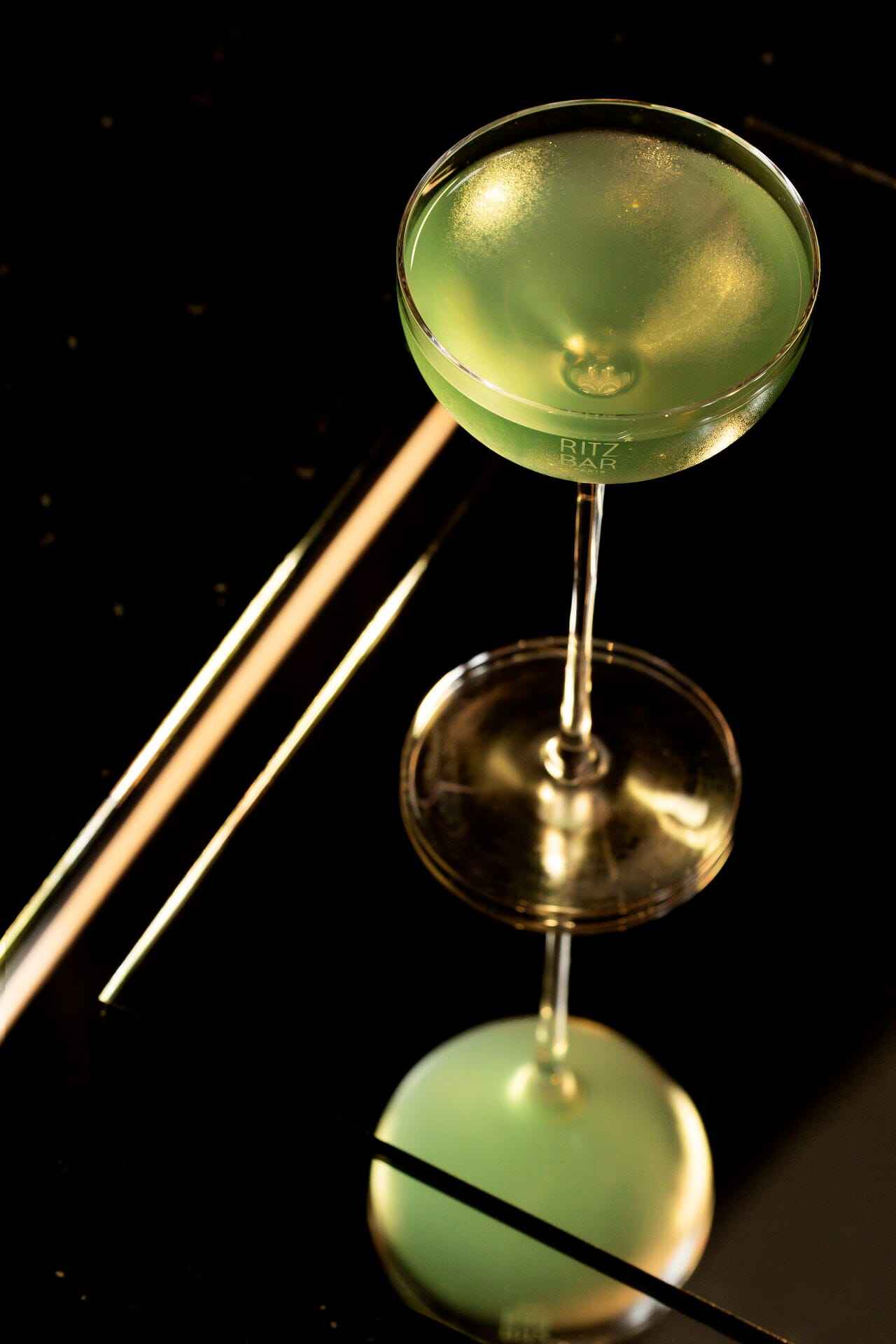
Cocktails designed around a product rather than a spirit
“Our menu doesn’t mention any spirits because all our signature cocktails are built around a single product. Therefore, we only specify that main ingredient and the alcohol content for each drink. Even the spirit itself must be derived from that product. For instance, the Framboise cocktail uses a wild raspberry eau-de-vie.
I recommend using the Rotovap in a measured way. It’s useful, but only in very specific cases. Additionally, its yield is low. For example, we use it in the Gingembre cocktail to obtain a cold distillate of fresh ginger. This preserves its organoleptic qualities and removes the spiciness while highlighting its aromatic notes—the goal of this cocktail being to illustrate the intensity, complexity, and richness of ginger. It also creates a playful effect because your brain suggests it should be spicy, but it’s not.
We only work with ingredients at their peak season, when they’re at their best, consistent with the principle of biodynamics. As a result, some cocktails might only stay on the menu for a month. To manage this, we have a seasonal calendar with over 80 products—enough to last for decades!”
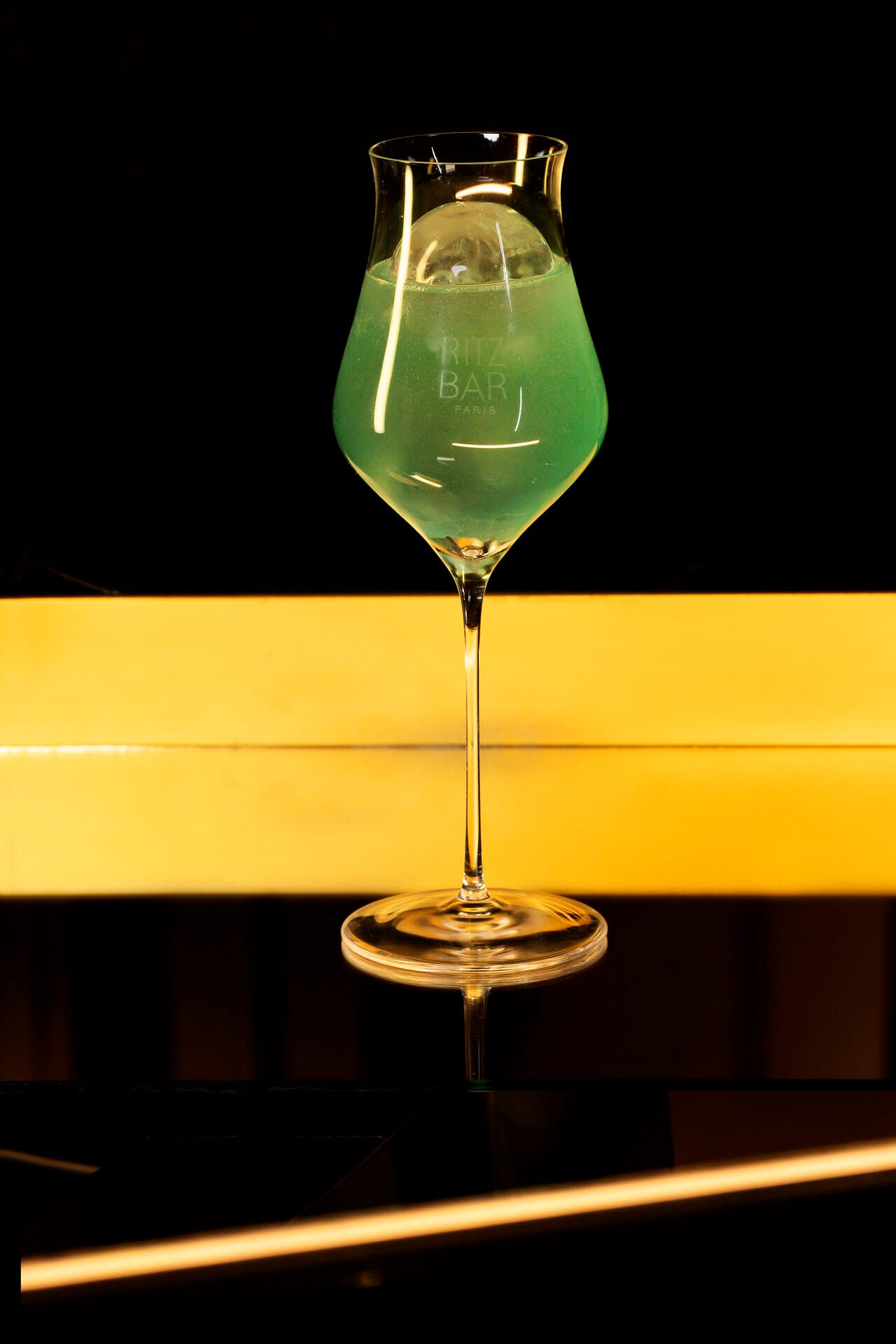
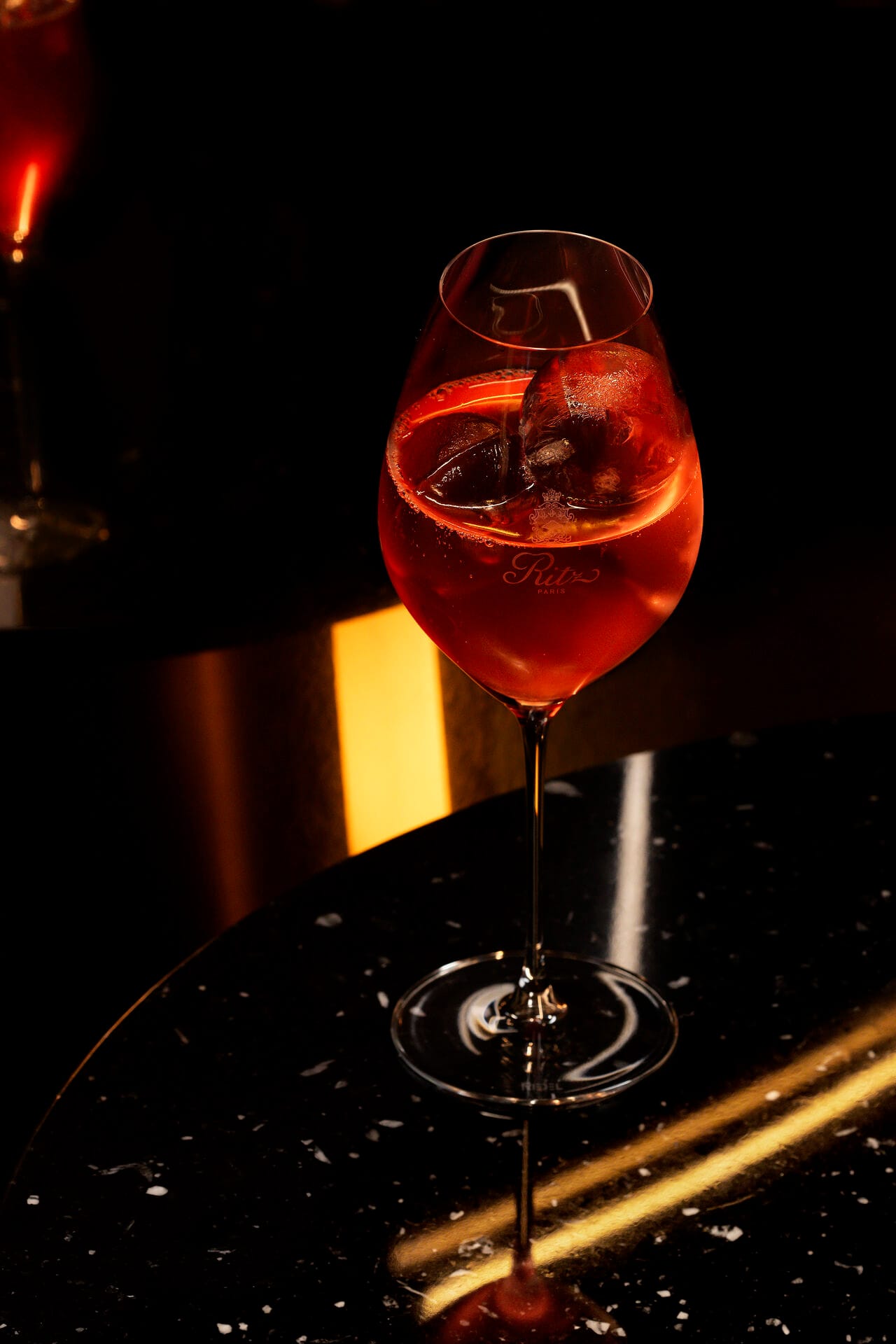
Learning the bar trade at Drink Factory in London
“That creativity is what attracted me to the bar world, even though it didn’t match my initial background. After graduating from business school, I worked in fashion and luxury in Singapore, New York, then London. It was there that I fell in love with the cocktail bar scene.
I joined the Drink Factory group – 69. Colebrooke Row, Bar Termini and Untitled – (Editor’s note: reminiscent of another French head bartender in a luxury hotel, Florian Thireau, formerly at Cheval Blanc Paris, now at Peninsula London) and worked with Tony Conigliaro for just over three years, notably for two openings: Untitled and then Gazell, a short-lived venture that opened and closed relatively quickly. But it was an incredible training ground for restaurant cocktails and sensory experiences, as I also managed the wine program, which became another passion.
After that, I worked as a sommelier in a private Soho club for industry professionals—winemakers, restaurateurs, and bartenders—called Trade, now known as Black Book. Armed with that experience, I came to Paris to develop the new Ritz Bar project.”
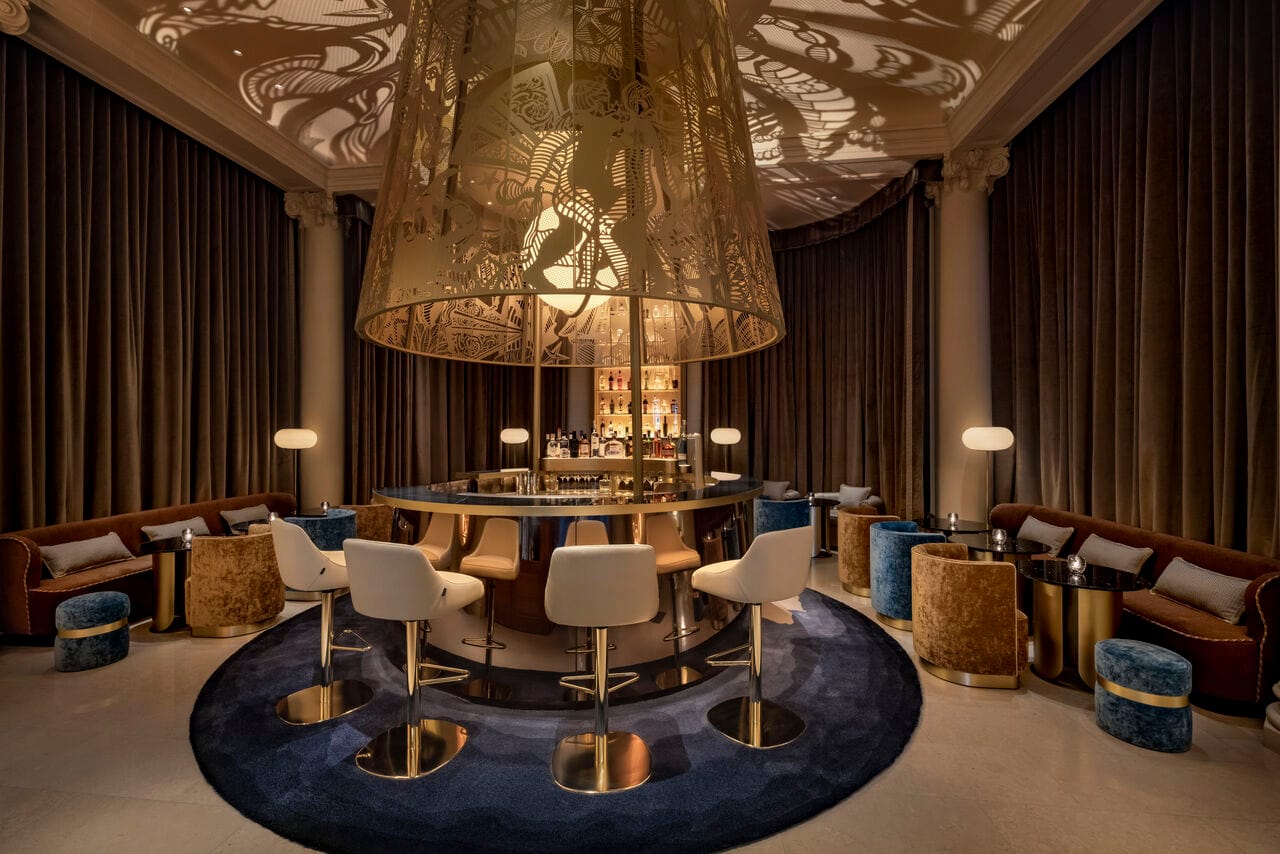
Ritz Bar: 38, rue Cambon; 75001 Paris.
Tuesday to Saturday, 5:30 pm to 11:30 pm.
Menu
